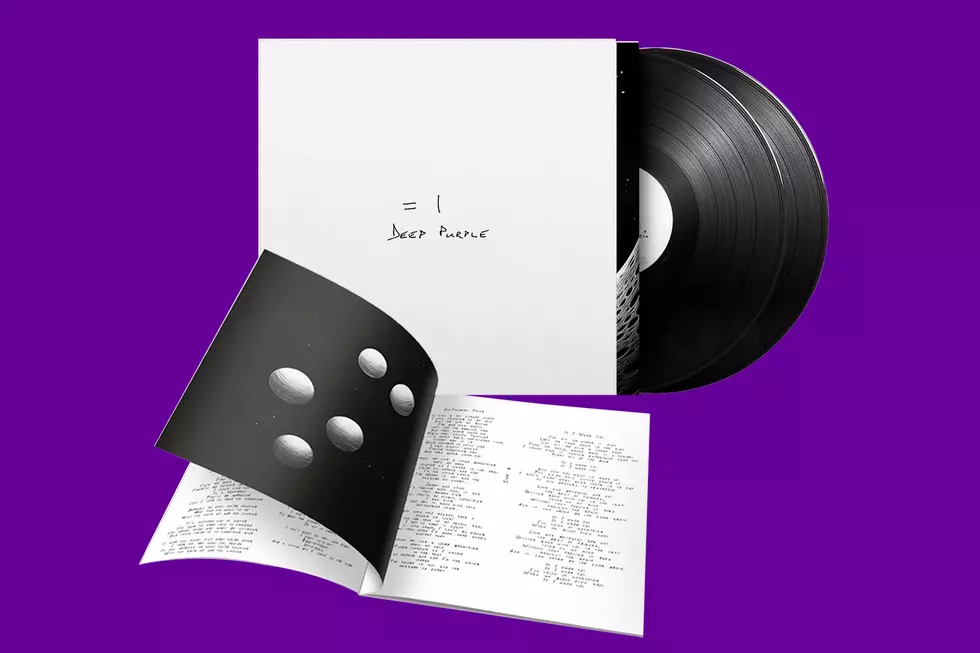
Artist H.R. Giger Dies at 74
Artist H.R. Giger, whose distinctive style graced a slew of films and album covers, has passed away at the age of 74.
Born in Switzerland in 1940, Giger studied architecture and industrial design at the School of Applied Arts in Zurich; both disciplines were displayed prominently in his work, which fused Salvador Dali's surrealist style with a cleaner, more aggressive approach. Much of his work depicted what he called "biomechanical" creations -- organic bodies fused with industrial machinery -- which made him a favorite with sci-fi aficionados, who helped fuel his rise to prominence through his work in the pages of 'Omni' magazine.
Although his work proved widely influential in a number of ways, Giger's name is probably most familiar to film buffs, thanks to his Academy Award-winning work on the 'Alien' series. Inspired by Giger's 'Necronom IV' painting, director Ridley Scott hired him to design the movie, and his creations helped fuel the lasting popularity of a film franchise that's gone on to spawn a still-expanding list of sequels and assorted spinoffs across a variety of media. He was also involved in director Alejandro Jodorowsky's scuppered attempt to adapt Frank Herbert's 'Dune,' recently memorialized in the critically lauded documentary 'Jodorowsky's Dune.' An occasional film director in his own right, Giger was also the subject of the 2007 documentary 'H.R. Giger's Sanctuary.'
Giger was also a prolific designer of album artwork; one of his earliest widely-disseminated pieces came courtesy of Emerson, Lake & Palmer, who commissioned him to paint the unforgettable cover design for their 'Brain Salad Surgery' LP in 1973. That piece arguably had the most impact of any Giger-designed LP, but he was also responsible for a number of other memorable covers, including Deborah Harry's 'Koo Koo,' Danzig's 'Danzig III: How the Gods Kill,' and Celtic Frost's 'To Mega Therion.'
While his deliberately provocative style made him an attractive choice for filmmakers and musicians seeking to add a confrontational element to their own work, it also made him a target for corporate censors -- his original painting for 'Brain Salad Surgery' was edited at the label's insistence -- and occasionally drew him into the fray for other artist's battles, as was the case when the Dead Kennedys included a particularly attention-getting Giger print in their 'Frankenchrist' LP. "My paintings seem to make the strongest impression on people who are, well, who are crazy," he chuckled in a 1979 interview with Starlog. "A good many people think as I do. If they like my work they are creative... or they are crazy."
According to reports, Giger's death has been confirmed by an employee of the H.R. Giger Museum, who told Swiss media that he passed away on May 12 after succumbing to injuries he sustained during a recent fall down a flight of stairs. He is survived by his wife, Carmen Maria Scheifele Giger, who serves as the museum's director.
More From Ultimate Classic Rock









